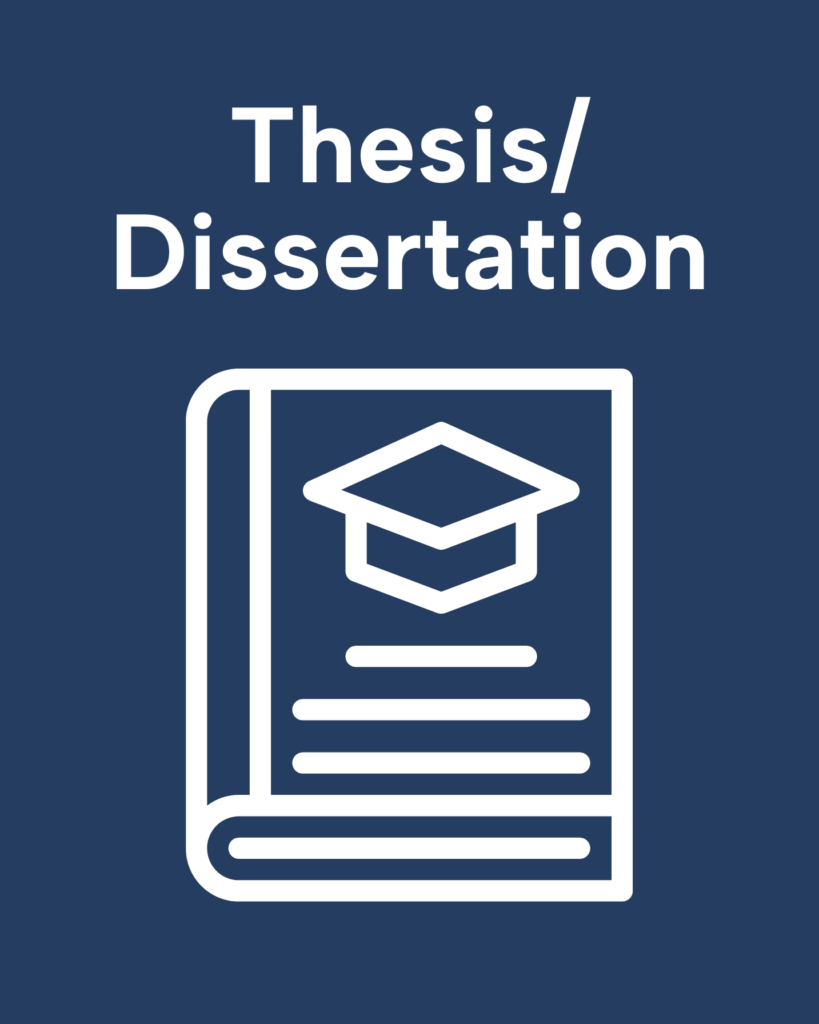The effectiveness of EMDR therapy on clients with addictions
Study investigated the impact of EMDR therapy on clients who have substance or behavioral addictions. Cravings, relapse, and abstinence were all factors studied.
Dissertation Abstract
“This study was undertaken to determine how effective Eye Movement Desensitization and Reprocessing (EMDR) therapy is in helping clients to lessen or end their cycle of SUDs and behavioral addictions in the long term. Secondly, this study aimed to determine whether or not EMDR therapy increases a client’s likelihood of relapse, and whether or not relapse affects the outcome of treatment. Furthermore, this study looked at whether or not clients need to have abstained from their addictive substance for an extended period of time in order for EMDR therapy to be successful in their addictions treatment. The final question that this study intended to answer was whether or not there is a correlation between proposed key components of EMDR treatment and more positive treatment outcomes for people with addictions. Data was collected with a questionnaire designed on Survey Monkey. EMDR therapists registered with The EMDR International Association (EMDRIA) were emailed a link to the survey and asked to respond to the survey themselves (if they met the criteria for participation) and to pass the survey onto current or former clients and people they know who have received EMDR therapy. The survey was also passed on directly to people in my professional network of therapists. The major findings of the research were that EMDR therapy correlates with a significant reduction in research participants’ felt degree of addiction to both substances and addictive behaviors. Moreover, these results were maintained over time. Cravings to engage in the said behavioral addiction or SUD most frequently decreased after EMDR therapy sessions. Relapse to alcohol or drug use that research subjects attributed to an EMDR session was rare. In addition, the data revealed that having abstained for periods of time prior to engaging in EMDR therapy does not correlate with more positive treatment outcomes.”
—Description from publisher
Dissertation Access
Open Access
Franklin, J. L. (2015). The effectiveness of EMDR therapy on clients with addictions. [Master’s thesis, Smith College, Northampton, MA]. Smith ScholarWorks. https://scholarworks.smith.edu/theses/921
Date
January 1, 2015
Creator(s)
Jennifer L. Franklin
Topics
Addictions
Extent
157 pages
Publisher
Smith Scholar Works
APA Citation
Franklin, J. L. (2015). The effectiveness of EMDR therapy on clients with addictions. [Master's thesis, Smith College, Northampton, MA]. Smith ScholarWorks. https://scholarworks.smith.edu/theses/921
Audience
EMDR Therapists, Other Mental Health Professionals
Language
English
Content Type
Thesis/Dissertation
Access Type
External Resource, Open Access





